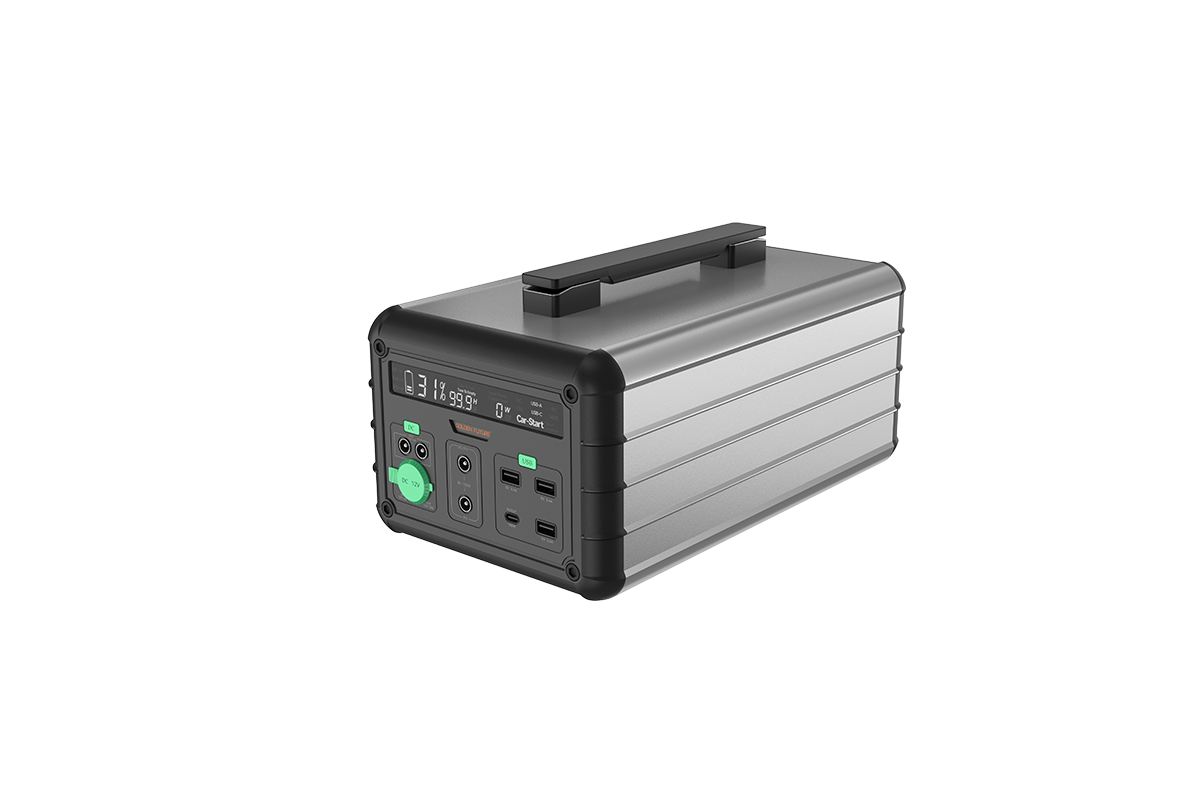

Time:2025-02-21 Views:1

Safety is a paramount concern when it comes to lithium - ion energy storage batteries. These batteries contain flammable electrolytes, which under certain conditions, can pose significant risks. One of the major safety issues is thermal runaway. When a lithium - ion battery experiences overheating, perhaps due to overcharging, a short - circuit, or mechanical damage, thermal runaway can occur. This is a self - accelerating process where the battery temperature rises rapidly, leading to the release of flammable gases and, in extreme cases, fire or explosion.
To address these safety concerns, manufacturers have implemented several safety mechanisms. Battery Management Systems (BMS) play a crucial role. A BMS monitors the battery's voltage, current, and temperature. It prevents overcharging and over - discharging by cutting off the power supply when the battery reaches its upper or lower limits. Additionally, advanced materials are being developed for battery casings. These materials are designed to be more resistant to heat and mechanical stress, reducing the likelihood of damage that could lead to safety hazards.
Furthermore, strict safety standards and regulations have been established globally. For example, the International Electrotechnical Commission (IEC) has set standards for lithium - ion battery safety testing. These standards cover aspects such as electrical safety, thermal safety, and mechanical safety, ensuring that batteries on the market meet minimum safety requirements.
Read recommendations:
portable station power bank suppliers
home energy storage system battery cost